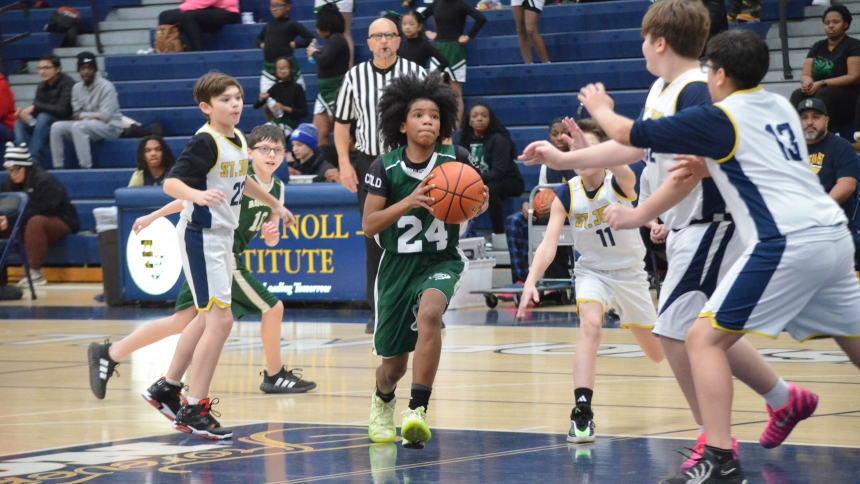
My friend Sam, 7 years old, lived on a tree-lined street in an old neighborhood.
One day, when out playing, Sam (name changed to protect the innocent) noticed that the sidewalk across the street had been repaired. A square had been removed and new concrete poured, with short sticks and strings girdling it.
A nice day, fresh concrete and a little boy. What could go wrong? Sam found a stick, wrote his name carefully in the gunk, and went on with his day.
That night, there was a knock at Sam's door. Sam's dad answered it and discovered that the man across the street wanted to speak to Sam. Sam was summoned, and he and his dad waited to hear what was up.
The man gave Sam a scolding. Sam's dad apologized, offered to see if the offending letters could be smoothed out, and Sam, chagrined by the encounter, was encouraged to apologize as well.
After the man left, Sam's dad talked to him about his mistake. We shouldn't interfere with other people's property. But Sam's dad assured Sam that everyone makes mistakes. We learn from our mistake and move on.
Then, as Sam headed to bed, his dad got a smile on his face.
"Sam," he said, "don't write in fresh concrete again. But if you ever do, don't sign your name."
Whenever I think of this story, I get a smile on my face. And I think about forgiveness and life lessons and how Jesus is probably a lot like Sam's dad.
It's easy to have a pietistic image of Jesus. It helps to remember that the Gospel writers were writing decades after Jesus' death, and their motivation was to record a compilation of his teachings, conveying the truth to specific audiences. They had a serious intention.
Nevertheless, Gospel stories give us insight into the man who was Jesus. You notice that he is constantly having dinner at someone's house. Sometimes, as with Zacchaeus, the man who climbed the tree to get a better view, which was itself humorous, Jesus invites himself.
Jesus was close friends with Mary, Martha and their brother, Lazarus. So close that Martha didn't hesitate to ask him to scold Mary for not doing enough of the dinner preparation. The parties at Martha's house must have lively and full of banter.
Why did so many people want to eat with Jesus? Not because he was a dour, intense lecturer, but probably because he was a great conversationalist and debater. And where better to engage in a debate about Scripture, law and current events than around a dinner table?
Our goal as Christians is to come to know Jesus on a personal level and to understand God through the person of Jesus. We get an incomplete picture if we only become acquainted with a stern Jesus ready to scold. We want to see the friend, the son, the clever debater, the man who loved children, the man who probably would have instructed a little boy but did it with a smile.
Jesuit Father James Martin has a great book, "Between Heaven and Mirth," about spirituality and humor. It reveals the hidden joy and playfulness that is in Scripture and that flows from our favorite saints. Sometimes, the passing centuries and differing cultures prevent us from seeing the lightheartedness that should be part of our faith journey.
And imagine your own life. Who makes you feel good about life, about yourself, about spirituality? It's usually the person with whom you have been able to laugh and share genuine joy.
This is the Jesus we long to know.


